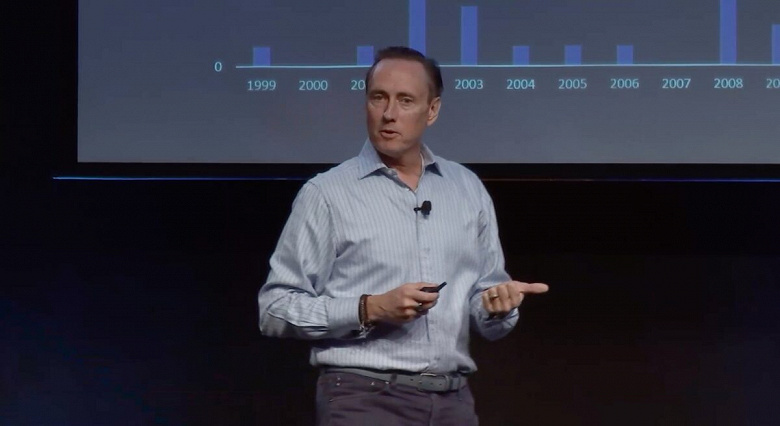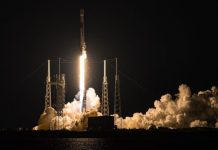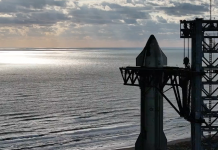Industry officials say SpaceX’s dominant position in the space launch market is making it difficult for small launch vehicles to compete, which could lead to many companies going bankrupt.
Industry players say SpaceX’s dominant position in the space launch market makes it difficult for small launch vehicles to compete. At a panel discussion at the Satellite Innovation conference on October 17, speakers noted that SpaceX’s pricing policies have significantly hampered the development of small launch vehicles, which have difficulty competing on price.
“They control and dominate the market. I think the big issue is pricing,” said Kurt Blake, a former Spaceflight CEO who now runs the commercial space division of law firm Wilson Sonsini.
SpaceX began offering satellite launch services for $5,000 per kilogram. The company later raised prices to $5,500 per kilogram and plans annual increases. However, in most cases, these prices are significantly lower than those of specialized small launch vehicles.

Bankruptcy on the horizon: SpaceX’s rival companies are on the brink of ruin
“I don’t think they needed to go that low to get significant market share,” Kurt Blake continued, estimating that SpaceX could get large orders at $10,000 to $12,000 per kilogram. SpaceX’s Transporter satellite mission lineup has been focused on sun-synchronous orbits, which are now in major demand. However, in August the company announced a new series of Bandwagon missions to launch satellites into medium orbits.
“They are gradually taking away from what small launch vehicles can do,” he added, noting that there remains room for specialized small launch vehicles to perform missions at different orbital inclinations. “But you have to take it as a threat.”
Concerns about SpaceX pricing are not new. At World Satellite Business Week in September, Marino Fragnito, vice president of Arianespace’s Vega division, said SpaceX was offering “unsustainable” prices, driving out other companies: “Space companies cannot survive at this level of pricing.”
“Is SpaceX surviving other market participants? I think that to a certain extent. It would be naive to think that their strategy for launching satellites is not aimed at fierce competition,” Rocket Lab Chief Financial Officer Adam Spies said during a panel discussion at the Satellite Innovation conference.
SpaceX’s position in the market reduces variability for other launch companies, Spies added, and the challenges many companies face have led to problems raising funding while SpaceX has “seemingly uninterrupted access to capital” from commercial launches.
They create a very difficult environment for competitors and may continue to do so for a long time.
Other panelists said they are looking for niches in the market to remain competitive. “The one-size-fits-all model is not always the best long-term solution to meet the needs of government and private companies,” said Firefly Aerospace Chief Development Officer Patrick McKenzie. He cited Victus Nox’s success in launching a satellite for the US Air Force on an Alpha rocket on September 14 as an example of a capability that could not be achieved using standard offerings. However, he added that the services offered must also be price-competitive.
Pablo Gallego, senior vice president of sales at Spanish launch vehicle developer PLD Space, said SpaceX has helped create demand for low-cost launches. His company has received interest in the Miura 5 small launch vehicle it is developing for specialized missions that cannot be accomplished using conventional satellite launches.




